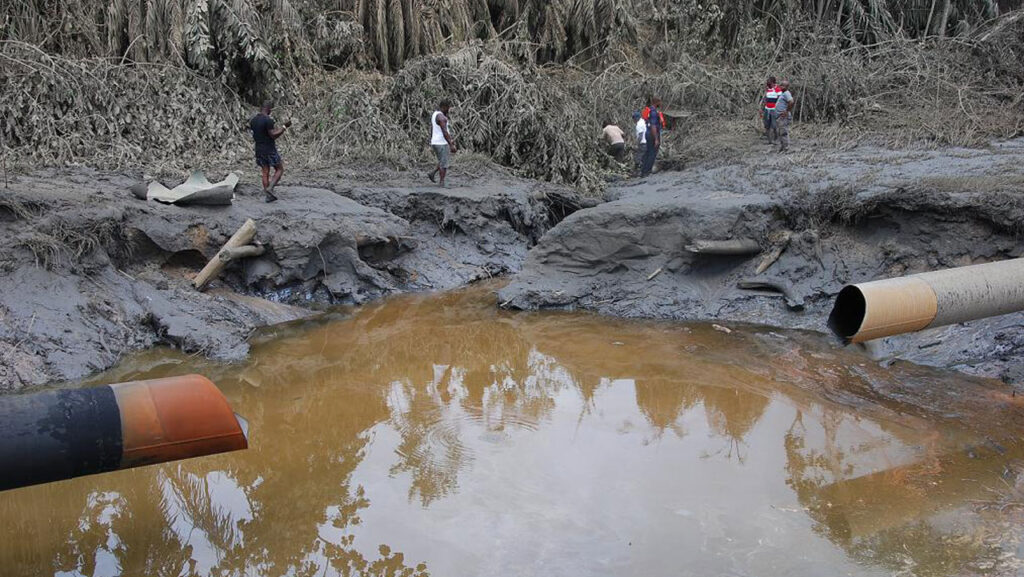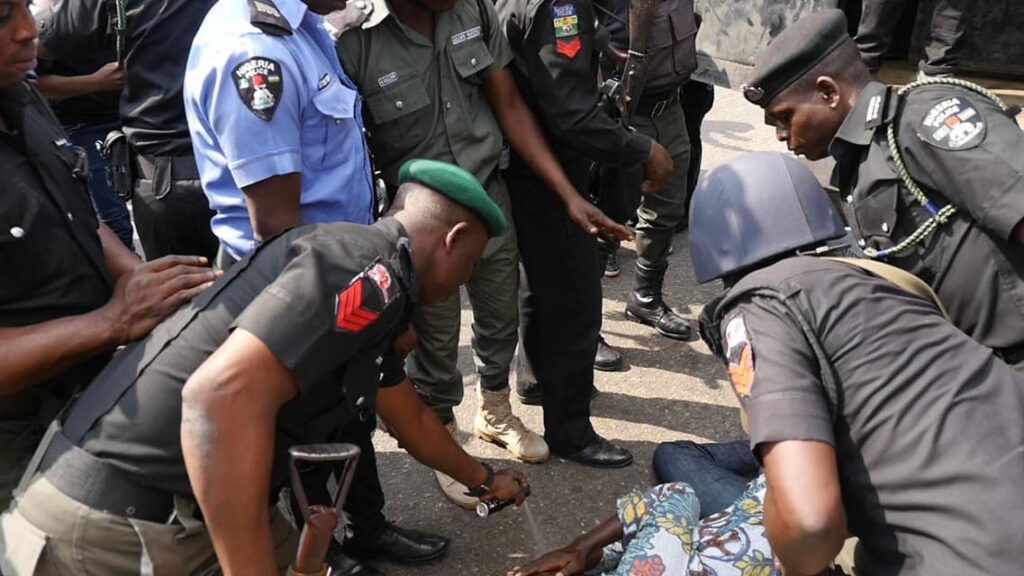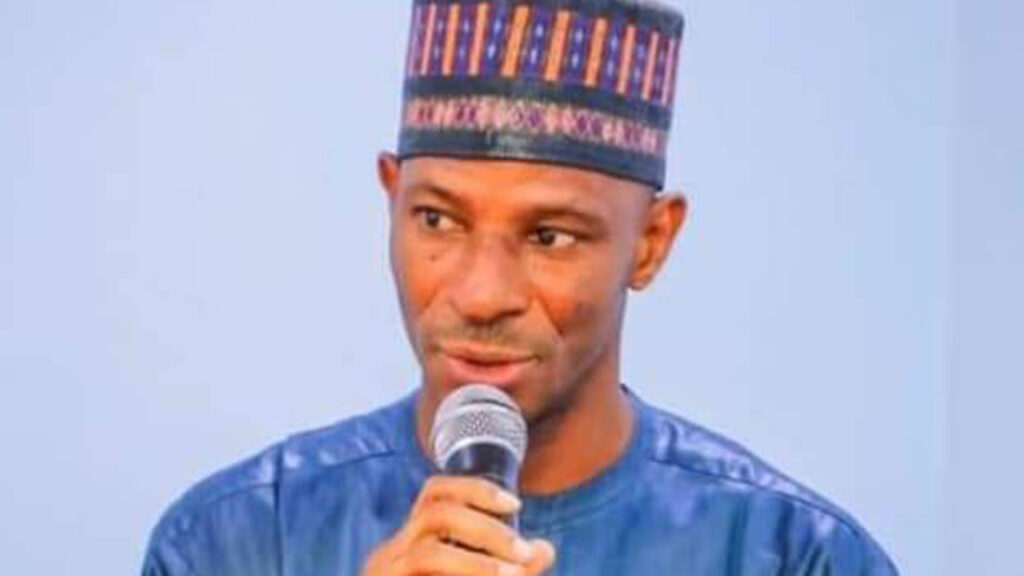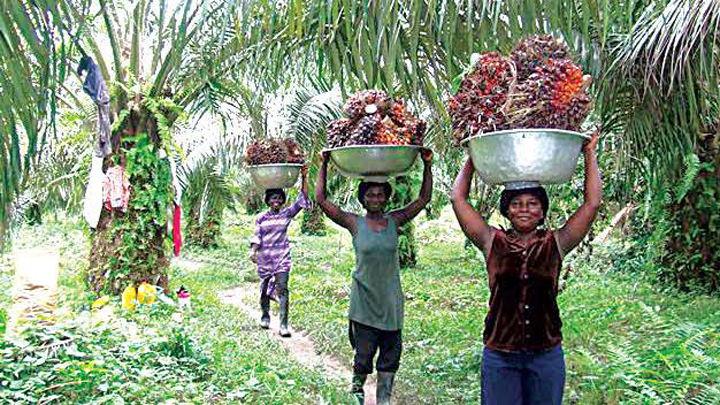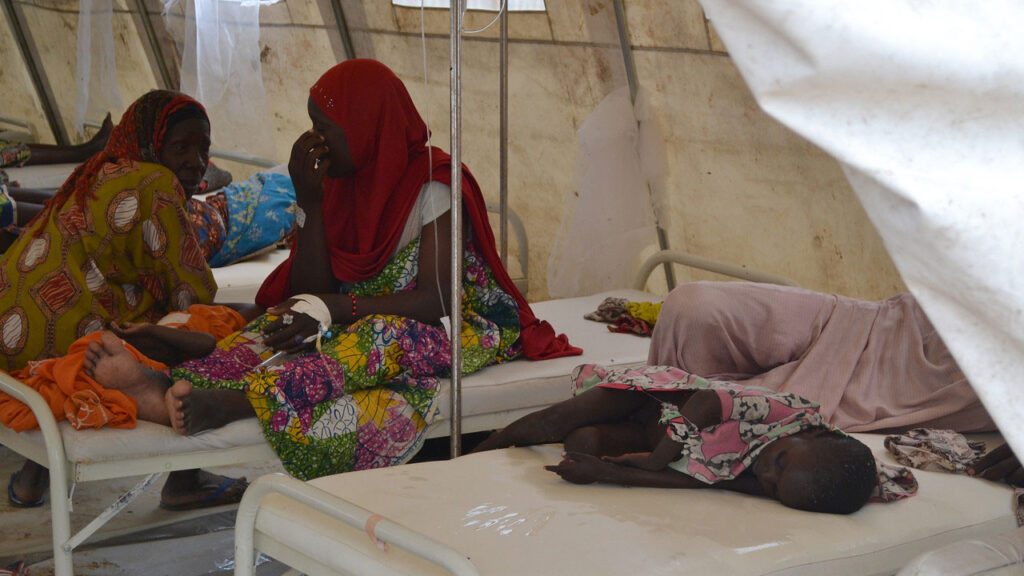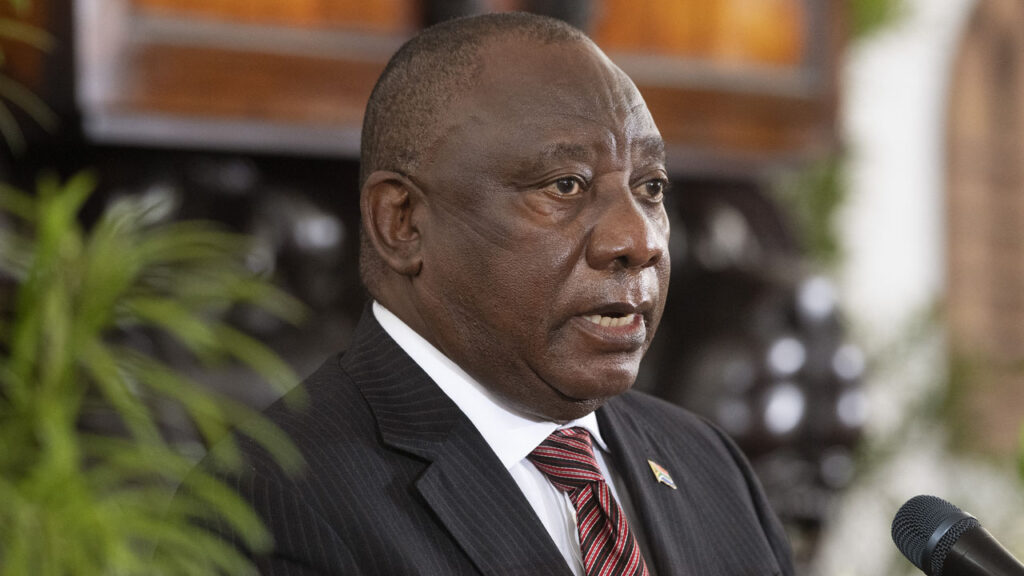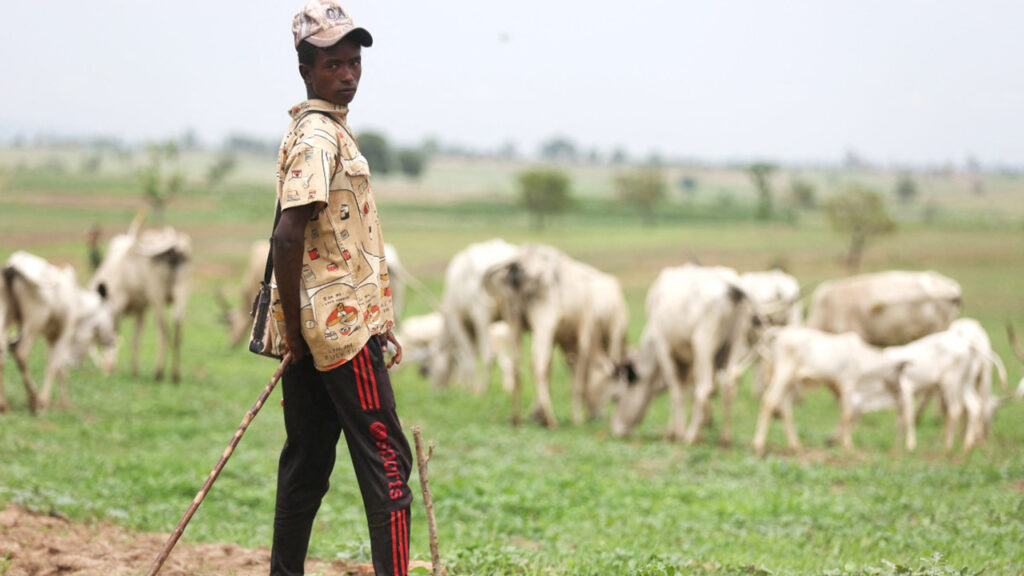
Regular reports of vandalisation of public assets nationwide has made it necessary for governments at both state and federal levels to initiate concrete actions to stem the ugly tide. Indeed, interrogating the mental health of culprits should not be ruled out in finding a lasting solution to this problem which clearly puts Nigerians, rather than government, in the dock. However, to the extent that the government has responsibility for maintaining law and order; and for sanctioning wrong-doers in line with the law; and to deter other criminally-minded persons, the government has failed in its duty. Vandalism of public utilities will not disappear until and unless some culprits are identified and punished accordingly. Failure of government and its law enforcement machinery has directly led to the increase in destroying the assets for the purpose of being stolen for selfish gains; and the burden of repairs and replacements is huge, an avoidable round of expenditure government and all Nigerians can do without.
A recent news report has put the cost of replacing vandalised and damaged assets at over N132 billion yearly, at a time the government is running low on revenue amid impact of high inflation on new projects, procurements. Mostly affected by activities of vandals and thieves are oil pipelines, highway manhole covers, rail tracks, bridge barriers and electricity cables and installations. It is estimated that pipeline repairs alone gulp around N60 billion yearly and states are said to spend around N2 billion yearly to fix damaged assets within their jurisdictions.
This is happening at a time the country’s infrastructure gap would need about $3 trillion to close in the next 30 years, according to rating agency, Augusto & Co. The National Integrated Infrastructure Master Plan also forecasts a yearly $150 billion yearly investment to reach foreseeable targets.
Conversely, yearly budgetary allocation to the critical infrastructure sector, including new projects and repair of old ones does not match the gap. In the 2024 budget for instance, only N1.3 trillion is allocated to the sector. With the grim facts in view, all hands must be on deck to ensure that public assets are protected and maintained until they are due for replacement upon completion of shelf life.
The damage done to public infrastructure and the pains inflicted on citizens is indescribable. Electricity consumers around the country have paid dearly for the ignoble activities of vandals. In Kaduna State, a total of 158 distribution substations were vandalised across four states between January and June 2022, leading to a loss of N238 million in equipment, not to mention the loss to businesses and households.
In December 2022, vandals killed a contractor in Rivers within the jurisdiction of Niger Delta Power Holding Company (NDPHC) Limited. The vandals inflicted regular assault and destruction on assets of the company, causing hardship to citizens who are unable to access power. The Afam-Onne Transmission Line in Gbake, Ogoni was damaged in September 2022. They struck again in October same year, destroying valuable assets.
Assets of Enugu Electricity Distribution Company (EEDCO) are also not safe from vandals. The Disco lamented that vandals, apart from stealing cables and meters, also drain transformer oil, thereby disabling transformers from providing electricity to consumers.
The Transmission Company of Nigeria (TCN), last week reported a case of vandalisation of its towers (132 kilo Volt Single Circuit transmission line) along the Jos-Bauchi Road in Plateau State on February 1, 2024, causing power outage in Yobe and Borno states. TCN’s General Manager, Public Affairs, Ndidi Mbah said that was similar to another attack of December 21, 2023, which brought down towers T372 and T373 along Gombe-Damaturu 330kv Single Circuit transmission line, during which a security operative was killed.
The impact of oil pipeline vandalisation on the economy is catastrophic. As of October 2023, the National Security Adviser (NSA) reported that the country was still losing 400,000 barrels of crude oil daily to criminals. He lamented that the economy was badly affected. That must stop. The value of 400,000 barrels of oil according to the NSA is about $4 million per day (as at October last year).
In Lagos, bridges criss-crossing Apapa, Ijora, Dorman Long, Ojuelegba, Iyana-Isolo, Otedola and Carter and pedestrian bridges all over the state have their railings cut and stolen by vandals. Heavy trucks also collide with the utilities and cause damage to public infrastructure. Where barriers are constructed to restrict movement of heavy-duty vehicles, they are knocked off recklessly by lawless drivers. Meanwhile, Lagos government has lamented that of the billions allocated by the state to tackle infrastructure, the government spends close to 60 per cent of it on maintenance due to damages caused by heavy duty trucks.
Even the new Second Niger Bridge that was flagged off for use by former president Muhammadu Buhari on May 23, 2023 was not spared the activities of vandals. Road fittings and expansion joint walkway on the axis 330 of the bridge were carted away. The Director, Highway, Bridges and Designs, Omotayo Awosanya, who confirmed the theft, said it happened on the night of July 5, 2023.
Government should treat vandalism and theft of public assets as economic sabotage, to attract stiff penalties. It is a crime that attracted capital punishment during military regimes. While not advocating capital punishment in this instance, it should attract severe penalties that will serve to deter future offenders.
There is also a dire need to retool and retrain security agencies, particularly the National Security and Civil Defence Corps (NSCDC) in the task of securing public assets. Personnel of NSCDC should be given more protection as they go about their duties, including insurance against harm and untimely death.
Frequent patrols and heavy deployment of technology could prevent vandalisation before it happens. Host communities should be incentivised to take ownership of economic assets located in their domains. Regular enlightenment and advocacies should be carried out by relevant agencies of government to educate citizens on public assets protection.

